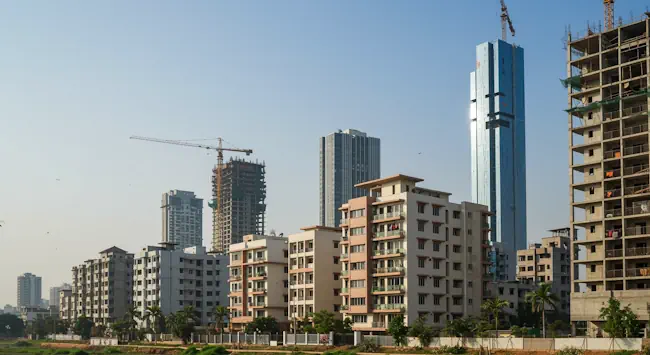
The RBI's three-month moratorium on home loan repayments aims to alleviate financial burdens for homebuyers amidst COVID-19, aiding economic stability and liquidity for developers.

ICRA forecasts that the coronavirus outbreak may create negative economic dynamics, which could reduce real estate company revenues and construction capacities. This could increase credit pressures.

RBI's rate cuts have reduced home loan interest rates, reviving the residential market and boosting buyer sentiment across India.

RBI's decision to hold key policy rates steady has disappointed real estate developers, who were hoping for a reduction in borrowing costs. Industry leaders believe this will negatively impact the sector and hinder funding for projects.

Real estate Private Equity firms face liquidity issues due to demands for increased transparency from investors. This situation is seen globally, not just in India.

The recent budget allows external borrowing for low-cost housing, improving funding availability, but still falls short of the real estate sector's wider expectations.

RBI's rate cuts and government stimulus aim to revive the housing market, but developers say more is needed to address credit flow challenges.

Real estate developers and consultants express disappointment over RBI's credit policy, urging for increased liquidity to boost the struggling property sector.

Parsvnath Developers' Diwali sales dropped 40-50% due to high interest rates and lending restrictions. Despite this, the company plans to maintain prices, focusing on cost reduction by cutting salaries and expediting projects.

RBI's recent repo rate cut by 100 bps to 8% aims to curb inflation and may benefit real estate companies and investors, according to Finance Minister P Chidambaram.

Real estate leaders express optimism about RBI's CRR cut, anticipating improved fund flow and project execution, yet caution about inflation balance.

The US financial crisis impacts India's growth, ADB lowers India's GDP forecast to 7-7.4%, citing global economic woes and fiscal imbalances.

The Indian real estate market welcomes new foreign investments, with companies from Russia and Europe poised to invest heavily in FDI-compliant property through the PE route, addressing liquidity issues faced by Indian developers.

Real estate slowdown impacts hospitality projects in India, causing delays and cost revisions. Stocks have plummeted, affecting real estate majors with hospitality holdings.

As land prices soar and liquidity tightens, builders are getting more cautious. They are now focusing on risk mitigation strategies, joint ventures, and leveraging land banks to navigate market challenges.